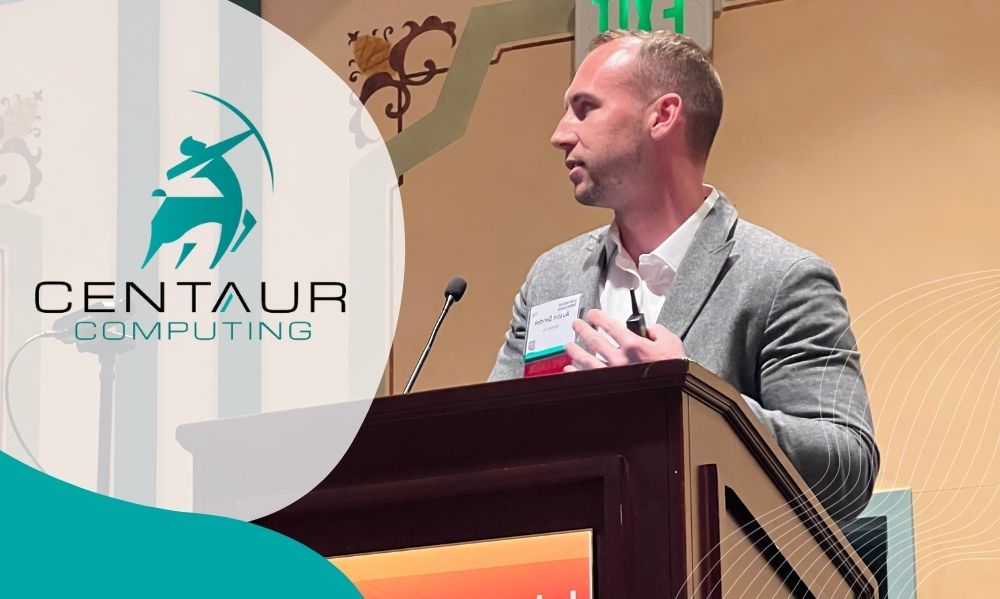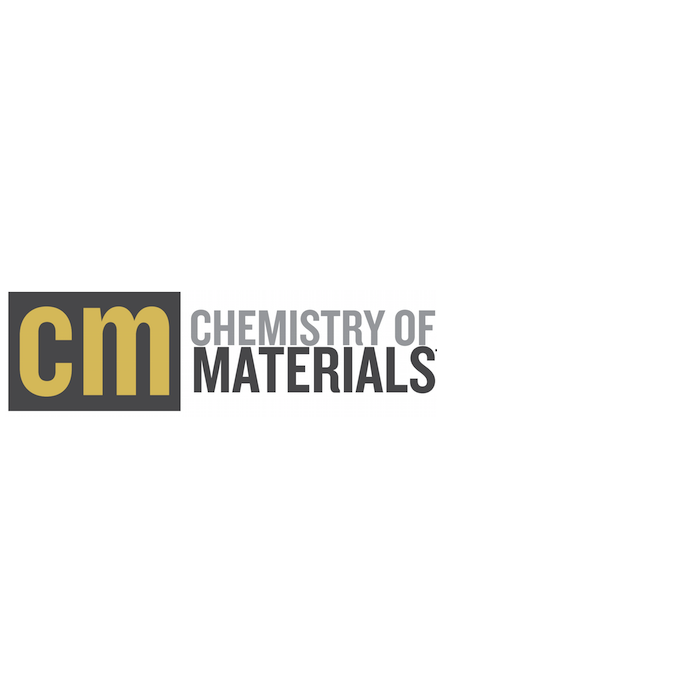News
Aionics Unveils Centaur Computing, Sepion Technologies Partnership at International Battery Seminar

Aionics CEO Dr. Austin Sendek unveiled Aionics’ new Centaur Computing approach to materials design from the stage of the International Battery Seminar and Exhibit in Orlando last week, explaining that Aionics’ newest workflow blends both physical experimentation and targeted quantum mechanical simulation to build better AI models for battery materials discovery and optimization.
Citing both the exponential increase in computational power over time and rapid improvement of machine learning with new data, Sendek claimed that the aim of Aionics’ Centaur approach is to enable battery companies to use high-performance computing to assist in ever-faster data generation to train proprietary AI models, helping them harness these two powerful trends to accelerate the rate of innovation. “We’re going towards a future where computing is effectively free and infinitely scalable… and machine learning models will get really, really good.” Sendek said in his announcement. “How does a company survive if you need to stay innovative when you have these two trends that are coming in very quickly?”
This approach has already been put to work by Sepion Technologies. While Aionics has a long history of building AI models for predicting experimental measurements of battery cycle life from the composition of the electrolyte, these models were typically based only on the atomistic structure of the electrolyte components, Sendek said. Incorporation of the information-rich electronic structure of these molecules can make the models even more accurate in their ability to predict experimental outcomes, but requires simulations to be run with high computational and human-effort costs. With Centaur Computing, Aionics makes these calculations easy and generates ever-better insights for cycle life models.
It was revealed at the International Battery Seminar that Sepion Technologies is one of the first adopters of this new offering. In the Sepion-Aionics partnership, density functional theory calculations of key molecules are performed using Aionics’ cloud-based simulation capabilities, and the resulting information-rich data is merged with experimental observations to better understand key failure modes in cells.
Pete Frischmann, CEO at Sepion Technologies shared that “Sepion’s lithium-metal electrolyte R&D program has been running at full speed with Aionics’ support since 2020. Leveraging Aionics’ AI tools to accelerate our in-house cell development we realized a 100% improvement in electrolyte performance in 12 weeks. The implementation of their Centaur Computing approach has unlocked a wider funnel of electrolyte candidates, increased our hit rate down-selecting electrolyte formulations, and improved cell performance with leaner electrolyte loading in multi-Ah cells tested under EV relevant duty cycles. We’re eager to continue our partnership with Aionics.”
This partnership operates on a per-CPU-hour-used basis, according to Sendek, so partners like Sepion can easily scale their compute up or down, or opt out at any time.
“Advances in machine learning are enabling the automation of searches for new materials or mechanistic insights with high-performance computing,” Sendek said after the conference. “The vision of Centaur Computing is to have a computational ‘employee’ that is always thinking about your R&D, whether Centaur can perform R&D directly by simulating new materials or can help provide new insights to your human scientists by iteratively looking for deep correlations between what’s happening on the molecular level and what your team is seeing in the lab. We want to enable scientists to spend more time thinking creatively about problem solving, and unleash computation to handle all the rest.”
Newsletter Registration
Subscribe to our newsletter and stay updated with the latest from Aionics.



